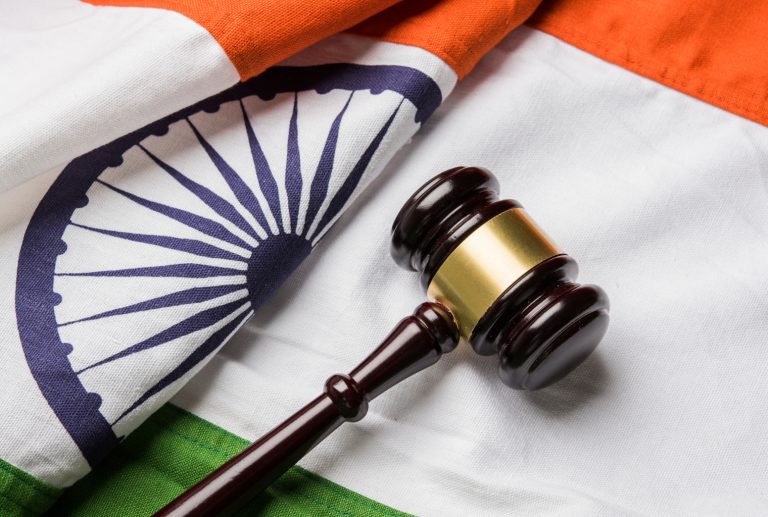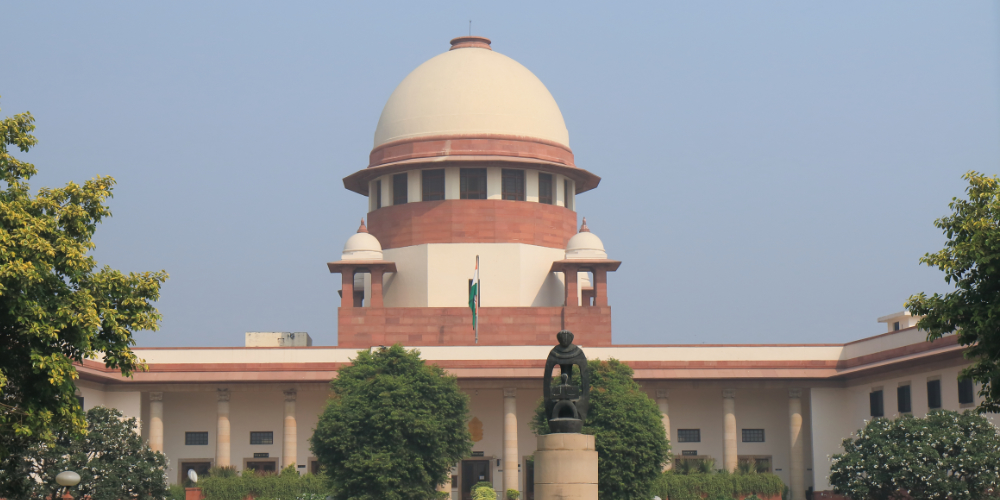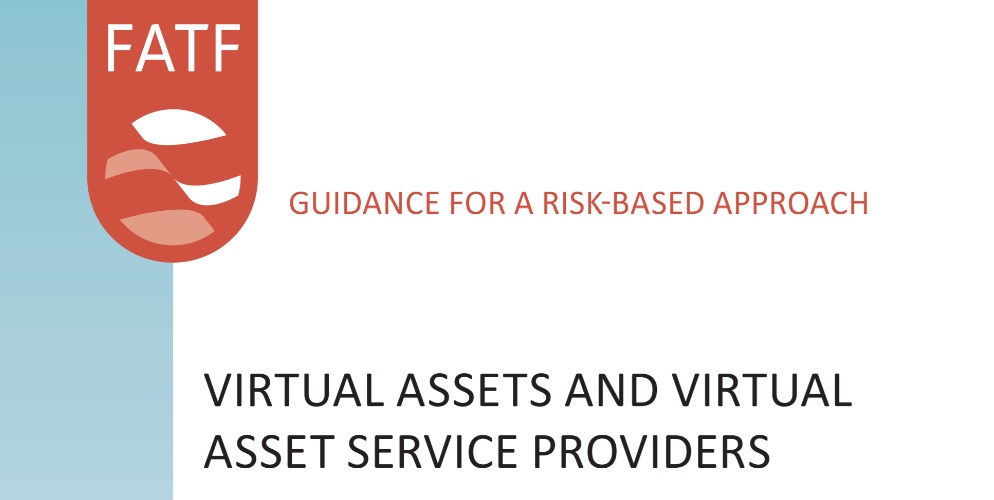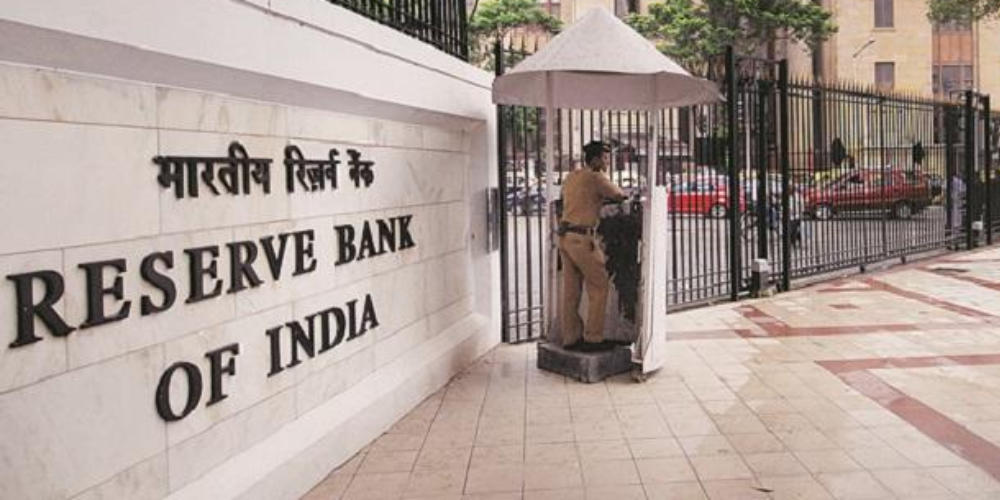
India’s supreme court heard the crypto case in detail over three consecutive days this week. In addition to intense arguments against the central bank having the power to ban crypto, the judges learned how other countries regulate this new sector, the amended EU directive, the FATF guidance, and less invasive crypto measures.
Also read: Regulatory Roundup: EU-Wide Crypto Regulations, New Rules in Europe, US, Asia
3 Days of Crypto Case at Supreme Court This Week
The Supreme Court of India began hearing the crypto case for the year on Tuesday as scheduled. The counsel for the Internet and Mobile Association of India (IAMAI), Ashim Sood, took the center stage, recapping the case for the judges. He then spent all day Wednesday presenting extensive arguments against the banking restriction imposed by the central bank, the Reserve Bank of India (RBI), as News.Bitcoin.com has reported.
Thursday was another full day at the supreme court for the crypto case, local news platform Crypto Kanoon reported. Sood started by arguing that the RBI does not have the power to “absolutely prohibit” crypto activities in India, emphasizing that taking away bank accounts constitutes absolute prohibition for crypto exchanges.

The court asked why the exchanges cannot use foreign banks operating in India, such as Citibank. Sood explained that even foreign banks are under the purview of the central bank. Only one bank, the State Bank of Sikkim, is not regulated by the RBI but crypto exchanges do not have access to this bank. The court also asked the IAMAI counsel to explain how peer-to-peer and crypto-to-crypto trading models work.
How Other Countries Treat Crypto Assets
During Thursday’s hearing, the IAMAI counsel presented to the court an in-depth rundown of how other countries worldwide treat crypto assets. He noted that no country has concluded that it is impossible to regulate the crypto sector — only the RBI claims that it cannot be regulated and proceeded to ban it, Crypto Kanoon described.
Among the foreign jurisdictions mentioned before the court were Australia, Germany, Indonesia, Italy, Malta, Japan, Nepal, Pakistan, South Africa, South Korea, the U.K., the European Union, and the U.S., particularly the state of New York. In Japan, the regulator has chosen to regulate the crypto sector even after the fall of Mt. Gox, Sood told the court.

The nature of cryptocurrency was also called into question. Besides being a commodity, the court told the IAMAI counsel that it has features of a medium of exchange, which would place it under the purview of the RBI. The court added that it has no utility as a commodity.
Sood promptly responded that no one is required to use cryptocurrency as a means of payment, asserting that it is not a currency. He explained to the judges that some people find value in digital assets and would exchange them, comparing it to casino chips which are also valuable to people inside the casino. He further told the court that the U.S. Security and Exchange Commission (SEC) is attempting to regulate cryptocurrencies as securities.
IAMAI Counsel Says Crypto Must Be Regulated
The counsel for the Internet and Mobile Association of India spent a substantial amount of time Thursday convincing the court that crypto must be regulated. He read out the EU Anti-Money Laundering Directive and a judgment by a European court that exempts cryptocurrency from VAT.
After asking questions about the Silk Road, the dark web, and TOR, the court said that cryptocurrency, like other technology, is not bad but can be used for bad purposes. Sood quickly responded that crypto must be regulated like other technologies with potential risks.

Several global reports were referenced during Thursday’s hearing. A World Bank report which analyzes electricity consumption of crypto mining was discussed, along with reports by the Financial Action Task Force (FATF), an intergovernmental body responsible for setting policies to combat money laundering and terrorism financing. The IAMAI counsel read out the advantages of cryptocurrency outlined in the reports, such as the potential to serve the unbanked.
The hearing continued with a discussion of India’s Prevention of Money Laundering Rules, 2005. Crypto Kanoon detailed that all documents referred to before the court show that there are risks but all references indicate that the first step must be the least invasive measure.
RBI’s Reply to IAMAI Representation
Much of the subsequent arguments concern the RBI’s reply to the IAMAI representation dated September 2019. The central bank claims that there were some new facts to warrant its action in the interest of the public, the news platform conveyed. Sood immediately countered, affirming that there was no new fact.
In its reply, the RBI also said that its banking restriction was due to cryptocurrency’s anonymity and its uses in nefarious activities. The central bank additionally claims that people who bought cryptocurrencies want to mask their identity. Sood swiftly contradicted, clarifying that the RBI was incorrect as people invest in cryptocurrencies as an alternative investment option, reiterating that the central bank cannot justify the ban.

Sood suggested that a less invasive measure by the RBI could have been to ask banks to deny loans while taking cryptocurrencies as collateral or to not take deposits in cryptocurrencies. “But you can’t deny to give me bank accounts. You have a choice to not involve in my business activity by taking less invasive measure,” Crypto Kanoon quoted him as saying.
Further, the RBI said it is concerned about cross border transactions. Sood submitted that the government can put a restriction on them and impose a penalty as a consequence in that situation. He stressed that not only does a ban not defer such transactions but such restrictions will only make the regulators lose sight of violations.
In the RBI’s counter affidavit, which was read out in detail on Thursday, the central bank stated that virtual currencies are not under its regulatory purview, admitting that it is not privy with different kinds of virtual currencies. Nonetheless, a banking ban was placed on the sector, Sood pointed out to the judges. The RBI also mentioned a Binance hack to justify measures it took to prevent cybersecurity threats. Crypto Kanoon conveyed that Sood mentioned that the power to stop crypto is not found in any statutes, elaborating:
[The] power to regulate monetary policy does not empower RBI to stop or exclude crypto.
The IAMAI counsel concluded that the RBI has adopted a kitchen sink approach, attempting to stop crypto activities indirectly since it has no direct control over the sector. The court is expected to resume hearing the case on Tuesday.
What do you think of the crypto vs. RBI supreme court hearing this week? Do you think the court will lift the RBI ban next week when the hearing resumes? Let us know in the comments section below.
Disclaimer: This article is for informational purposes only. It is not an offer or solicitation of an offer to buy or sell, or a recommendation, endorsement, or sponsorship of any products, services, or companies. Bitcoin.com does not provide investment, tax, legal, or accounting advice. Neither the company nor the author is responsible, directly or indirectly, for any damage or loss caused or alleged to be caused by or in connection with the use of or reliance on any content, goods or services mentioned in this article.
Images courtesy of Shutterstock and the FATF.
Did you know you can buy and sell BCH privately using our noncustodial, peer-to-peer Local Bitcoin Cash trading platform? The local.Bitcoin.com marketplace has thousands of participants from all around the world trading BCH right now. And if you need a bitcoin wallet to securely store your coins, you can download one from us here.
The post Crypto vs RBI: 3 Days of Intense Supreme Court Hearings appeared first on Bitcoin News.
via Kevin Helms
0 comments:
Post a Comment